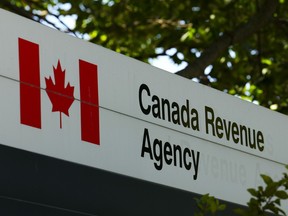“They may see a slight increase in their income, and they think, ‘Oh, I just kind of hit the lottery, and now I’m going to spend like crazy,’” Schwartz said. “And it’s tough to change those behaviours after it’s been ingrained for a long period of time.”
To prevent this from happening, track spending diligently—you can download apps for this purpose—and delay milestones such as moving out or getting a car if you can, Schwartz said. Build up an emergency fund in case you lose your income or suffer a financial setback, to avoid falling into serious debt.
“If you have the opportunity when you’re young, when you’re not spending as much on rent, you’re not spending as much on food, if you can cut back on how much you’re socializing—that’s a great place to start to build up that reserve fund,” Schwartz said.
Live within your monthly cash flow—using your debit card or cash—and develop a short-term austerity plan to make big strides on debt repayment, Terrio said.
When to focus on debt repayment
Summer months are tough for austerity because you want to socialize, he pointed out, but January through March are a good time to adhere to a severe budget. Up to 40% of your non-rent income should go to debt, Terrio said, noting short-term austerity is tolerable because it’s over quickly.
Ultimately, the aim is to reach the tipping point when at least half of your debt payment is going to the principal—and the portion going to interest starts to slide. Never use an instalment loan, he added.
“All these 36 to 48% interest loans that are $10,000—if you get one of those, you’re done,” Terrio said. “You’re never, ever getting out.”
Once you’re free of debt, stay that way. Keep your credit limit low and turn down offers to increase it, Terrio said. If you move debt to a line of credit, stop using your credit card.





















Discussion about this post